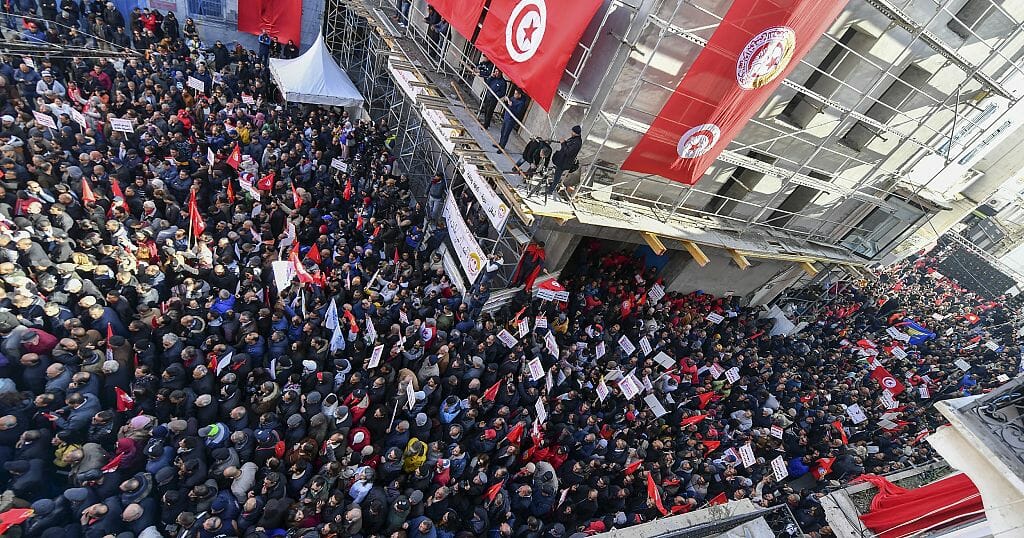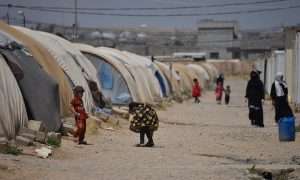Egypt to float four military-owned companies on the stock market

Egypt intends to float up to four military-owned companies on the stock market as part of a broader privatisation plan to attract investment and boost the economy, Prime Minister Mostafa Madbouly said on December 4th according to Bloomberg.
Egypt has been under pressure to sell stakes in state-owned companies under an International Monetary Fund (IMF) bailout package secured in December 2022.
The time it took to make the move showed Cairo’s reluctance to relinquish military control of many of its companies despite its commitment to economic liberalisation
“As part of this plan, there will be an announcement about the offering of three or four military-affiliated companies which will be listed on the Egyptian stock exchange,” Madbouly told a news conference in Cairo.
READ: Chad ends French troop presence, Senegal to follow
He added that “no details will be disclosed until the announcement is made next week.”
The IMF said that it had “encouraged the authorities to accelerate their divestment plans, and to speed up reforms to level the playing field and reduce the state footprint in the economy”.
Dozens of military-owned companies have flourished under the rule of former military general Abdel Fattah al-Sisi, who became president in 2014.
Some businessmen and foreign investors in the country have complained about the military’s push into civilian activities and mentioned tax and other advantages granted to military-owned firms.
The IMF had warned in the past that private sector development and job creation “might be hindered by involvement of entities under the ministry of defence.”
READ: Record number of migrants reaching Spain’s Canary Islands
The IMF expanded its loan package from $3 billion to $8 billion earlier this year to help Egypt manage its economic challenges amid instability in the region.
Madbouly said that the initial public offerings that will be announced next week, and that this will include state companies in the banking, industrial, pharmaceutical and investment sectors.
The IMF carried out a delayed review of the 46-month loan programme last months which ended without unlocking $1.2 billion in expected financing. The Arab world’s most populous country is facing one of its worst economic crises in decades, a with a fourfold surge in foreign debt since 2015 to stand at $160.6 billion in the first quarter of 2024, driven in part by large-scale projects, including a new capital east of Cairo.
The war in Gaza has also worsened the country’s economic situation, along with attacks on Red Sea shipping by the Houthi’s in support of Palestinians in Gaza causing Egypt’s revenues from the Suez Canal, a key foreign currency earner, to fall by more than 70% this year.
Bloomberg, The Arab Weekly, agencies
Want to chase the pulse of North Africa?
Subscribe to receive our FREE weekly PDF magazine













